The National Eligibility cum Entrance Test (NEET), one of the most competitive exams in India, serves as the gateway for students aspiring to enter medical and dental colleges. In 2024, the NEET exam was marred by a significant paper leak scandal, sparking outrage among students, parents, and educators. The scandal not only shook the foundations of the examination system but also led to widespread protests and significant judicial interventions aimed at restoring the integrity of the examination process.
In early June 2024, rumors began circulating on social media about a potential leak of the NEET exam papers. These rumors quickly gained traction, with students sharing alleged screenshots of the leaked paper and discussing their implications on various platforms. The National Testing Agency (NTA), responsible for conducting NEET, initially dismissed these claims as unfounded. However, as more concrete evidence emerged, including identical questions appearing in the actual exam, the NTA was forced to acknowledge the breach. The sophisticated tech-savvy methods employed to leak exam papers were eventually exposed. They included encrypted communication, blockchain technology, dark web financial transactions, phishing, hacking, use of disposable devices, virtual private networks (VPNs) and smart devices from Internet of Things. The perpetrators had a deep understanding and utilization of cutting-edge technology to avoid detection, apply layers of operational security and anonymity.
The magnitude of the scandal prompted immediate judicial intervention. Several Public Interest Litigations (PILs) were filed in various High Courts and the Supreme Court, demanding a thorough investigation and the cancellation of the compromised exam. The Supreme Court of India took suo moto cognizance of the matter, emphasizing the need to uphold the sanctity of the examination system.
In a landmark judgment, the Supreme Court ordered the CBI probe into the leak. The Court stressed the importance of a fair and transparent investigation, ensuring that all those involved, regardless of their position or influence, were held accountable. The CBI swiftly launched its investigation, conducting raids across multiple states and arresting several key suspects. CBI raided implicated persons and organizations in Jaipur, Kota, Kolkatta, Delhi, Mumbai, Chennai, Bengaluru, Guwahati, Dibrugadh, Imphal, and many other major and minor cities across the country. They targeted coaching classes, residences of high profile NTA officials and prominent educators.
Investigations revealed that the leak originated from a coaching center in Rajasthan, where a group of individuals managed to obtain and distribute the exam papers to a select group of students in exchange for hefty sums of money. The scandal implicated several high-profile individuals, including coaching center owners and NTA officials, leading to a nationwide uproar.
Additionally, the Supreme Court directed the NTA to conduct a re-examination for NEET 2024. The Court underscored that the re-exam should be free from any malpractice and advised the NTA to implement stringent measures to prevent future leaks. This decision was met with mixed reactions, with many students expressing relief at the prospect of a fair exam, while others lamented the additional stress and uncertainty.
True, the scandal has brought the Indian education system in limelight for all the wrong reasons, but importantly, it has also ignited a nationwide student awakening and movement. The breach in the sanctity of the test has spurred a wave of protests, marches, and demands for justice from students across the country, unfolding a significant movement demanding reforms.
Students’ initial reactions were a mix of shock, disbelief, and frustration. Aditi Sharma, an aspiring medical student from Kota, expressed her shock, saying, "I couldn't believe it at first. We put our heart and soul into preparing for NEET, and now it feels like our efforts are in vain." Similar sentiments were echoed by Rohit Singh from Mumbai, who voiced his frustration, "This is a betrayal. We deserve a fair chance to prove ourselves. How can we trust the system anymore?" Anxiety and uncertainty also plagued students like Priya Natarajan from Chennai, who shared her anxiety, "The uncertainty is killing us. We don't know what's going to happen next. Will there be a re-exam? When will we get clarity?"
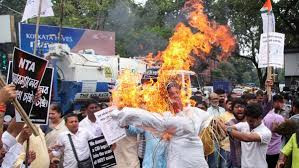 The scandal ignited a series of protests and marches across the country. Thousands of students gathered at Jantar Mantar in Delhi on June 15, 2024, demanding immediate action against the perpetrators and a re-examination. The protest saw participation from various student organizations, including the All India Students' Association (AISA) and the National Students' Union of India (NSUI). Prominent student leaders like Rakesh Sharma from NSUI and Meenal Mehra from AISA addressed the crowd, amplifying the collective demand for justice. In Mumbai, on June 18, 2024, students marched from Azad Maidan to the Gateway of India, holding placards and chanting slogans like "We want justice" and "No more leaks." The peaceful march, led by student leaders Ishita Malhotra and Akash Jain, saw significant participation from students of renowned coaching centers such as Allen Career Institute and Aakash Institute.
The scandal ignited a series of protests and marches across the country. Thousands of students gathered at Jantar Mantar in Delhi on June 15, 2024, demanding immediate action against the perpetrators and a re-examination. The protest saw participation from various student organizations, including the All India Students' Association (AISA) and the National Students' Union of India (NSUI). Prominent student leaders like Rakesh Sharma from NSUI and Meenal Mehra from AISA addressed the crowd, amplifying the collective demand for justice. In Mumbai, on June 18, 2024, students marched from Azad Maidan to the Gateway of India, holding placards and chanting slogans like "We want justice" and "No more leaks." The peaceful march, led by student leaders Ishita Malhotra and Akash Jain, saw significant participation from students of renowned coaching centers such as Allen Career Institute and Aakash Institute.
Kolkata witnessed a massive student demonstration on June 20, 2024, at College Street, known as the educational hub of the city. Students from institutions like Presidency University and Calcutta Medical College joined hands to protest the leak and demand systemic changes. Rituparna Chatterjee from Presidency University and Dr. Anirban Sen from Calcutta Medical College addressed the crowd, emphasizing the need for a transparent and secure examination process. Similarly, in Hyderabad, Osmania University students organized a rally on June 22, 2024, drawing over 5,000 participants. Led by student leaders Sandeep Reddy and Kavya Nair, the rally aimed to pressure the government to conduct a thorough investigation and ensure that such breaches do not recur.
The primary demands of the students included an immediate re-examination, strict punishment for the perpetrators, and systemic reforms to prevent future leaks. They argued that the compromised exam could not be a basis for fair evaluation and called for stringent action against those involved in the leak, including coaching centers, intermediaries, and NTA officials. In response, the Supreme Court directed the NTA to conduct a re-examination on August 25, 2024. This decision was met with mixed reactions, with some students relieved while others were anxious about the additional preparation required. The NTA also announced the implementation of several security measures, including encrypted question papers, biometric verification, and increased surveillance at exam centers. The Supreme Court ordered a continued investigation by the CBI to ensure all culprits were brought to justice, leading to ongoing raids and arrests across multiple states.
The psychological impact on students was profound. The uncertainty surrounding the examination and the fear of future leaks took a significant toll on their mental health. Ananya Gupta, an aspirant from Lucknow, reported experiencing severe anxiety and insomnia since the leak, saying, "I've been unable to concentrate on my studies. The fear that this might happen again is always at the back of my mind." Students’ trust in the education and examination system was severely eroded. Aditya Rao from Bangalore expressed his disillusionment, "How can we trust that our hard work will be rewarded fairly? If such a critical exam can be compromised, what guarantees do we have for the future?" Recognizing the psychological impact, several student bodies called for mental health support and counseling services for affected students. The All India Student Support Forum (AISSF) launched a helpline and counseling services to provide mental health support to NEET aspirants. "We need to address the emotional and psychological toll this scandal has taken on our students," said AISSF president, Dr. Sameer Malhotra.
The investigation revealed the use of advanced technology in orchestrating the paper leak. Perpetrators used encrypted messaging apps and Virtual Private Networks (VPNs) to communicate and distribute the leaked papers, making it difficult for authorities to trace their activities. Financial transactions were conducted using cryptocurrencies like Bitcoin, utilizing blockchain technology to obscure the money trail. Disposable mobile phones and devices were used to avoid detection and ensure anonymity. During the raids in Kolkata, the CBI uncovered a sophisticated network involving local coaching centers and IT professionals. The coaching centers, including names like Brilliant Tutorials and Pathfinder, were implicated in facilitating the leak. The CBI arrested several key figures, including Sanjay Ghosh, a well-known coaching center owner, and Ravi Kumar, an IT specialist who managed encrypted communications.
The involvement of coaching centers in the scandal highlighted the dark side of the competitive exam preparation industry. Allen Career Institute in Kota, Rajasthan, a renowned name in NEET preparation, was found to be involved in the leak. The management's collusion with intermediaries to gain an unfair advantage for their students was seen as a betrayal of trust. Rohan Verma, a student from Allen Career Institute, expressed his disappointment, "We looked up to our coaching centers as mentors and guides. Their involvement in such unethical practices is heartbreaking."
The scandal has exposed significant lapses in the security protocols of examination bodies. The NTA, responsible for conducting the NEET exam, faced severe criticism for its failure to secure the exam papers. The involvement of NTA officials in the leak further eroded students’ trust. Rajesh Kumar, a senior NTA official, was among those arrested, highlighting the need for greater accountability and transparency in the examination process.
The nationwide protests and marches, led by determined student leaders, have highlighted the urgent need for reforms to ensure the integrity of the examination process. The psychological toll on students has been significant, underscoring the need for mental health support and counseling services. The involvement of coaching centers and the use of advanced technology in facilitating the leak have revealed the dark side of the competitive exam preparation industry.
The students have seen a moment of victory, as following the protests and investigation the Supreme Court of India ordered a re-examination to ensure a fair and transparent process for all candidates. The re-exam aimed to restore trust in the system and provide an equal opportunity for students whose aspirations were jeopardized by the leak.
the re-exam will be scheduled with enhanced security measures, encrypted question papers, biometric verification, increased CCTV surveillance at exam centers, randomized seating arrangements, seating plans were randomized to prevent any potential collusion among students. application and admit cards, upgrades in exam format and syllabus, support systems for students - a dedicated helpline and email support, counseling services to help students cope with the stress and anxiety resulting from the scandal and re-exam.
The NTA claims to stay committed to follow fair and transparent processes in exam conducting, evaluation and admission process. NTA has also announced implementation of new policies digital paper distribution, real-time monitoring, AI-based proctoring, strict penalties, transparency measures.
Despite the direness of the NEET 2024 scandal, the unified response from students across India, transcending communal, societal, and regional divides, is a promising sign for the nation's future. This collective uprising demonstrates a profound commitment to integrity, fairness, and the fundamental right to education. It underscores the new generation's resolve to challenge corruption and demand accountability, fostering a culture where meritocracy prevails over malpractice. This solidarity, cutting across traditional boundaries, reflects a growing awareness and activism among young Indians, signaling a robust civic consciousness poised to drive positive change and uphold democratic values in the country.
Rucha Mulay
kartavyasadhana@gmail.com
Tags: nta neet 2024 neet scam students protests Load More Tags

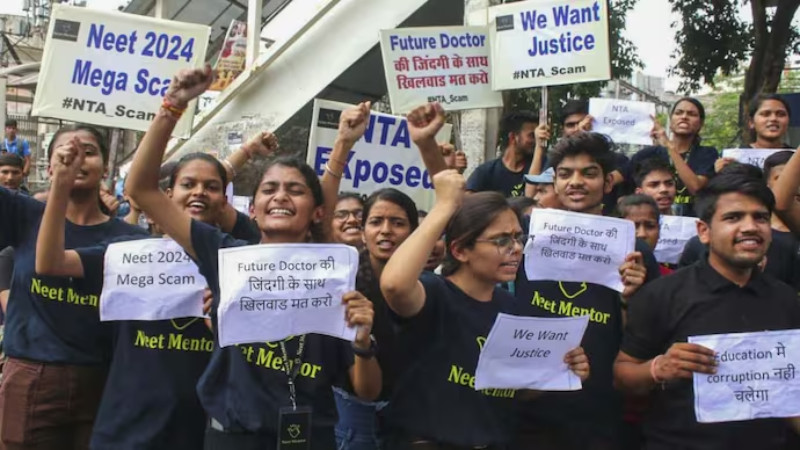
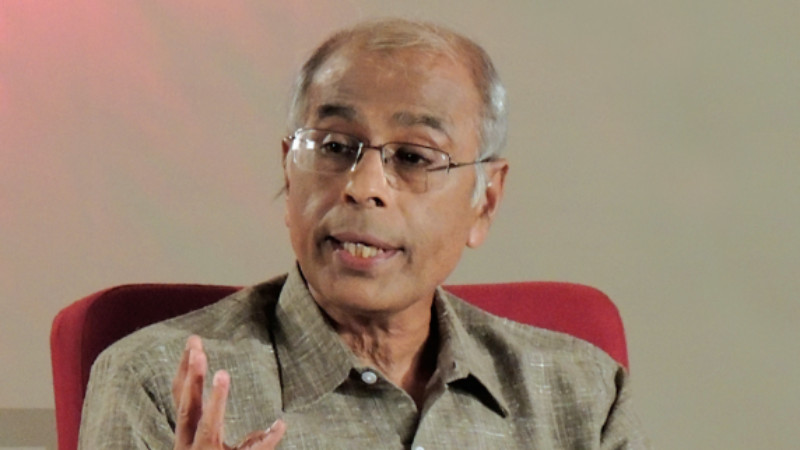
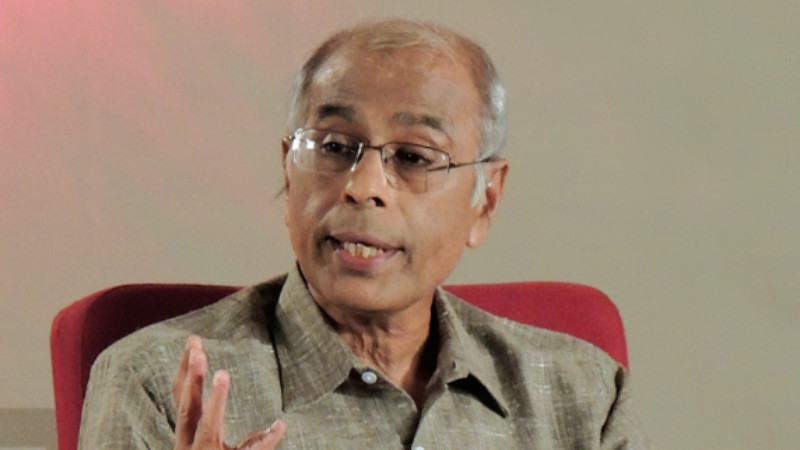
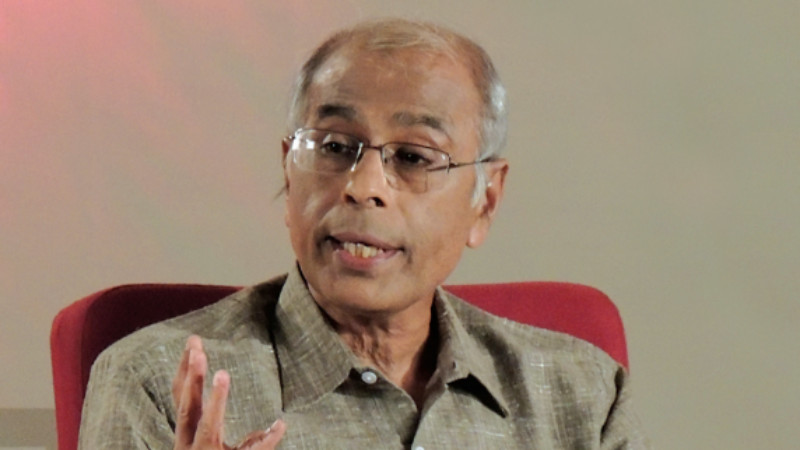
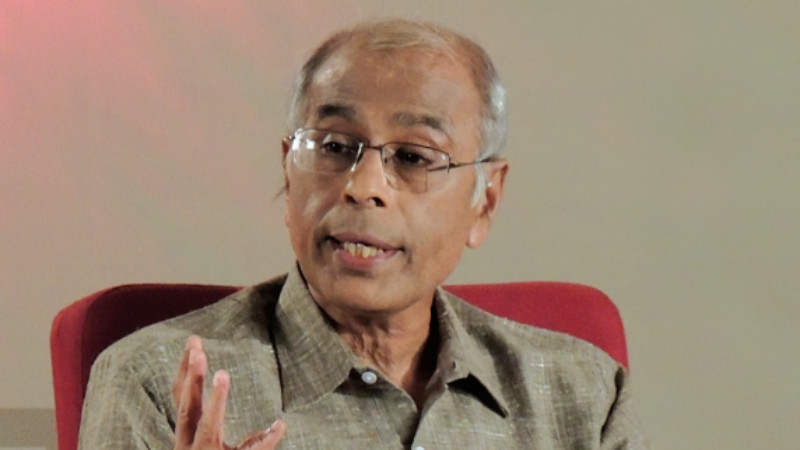
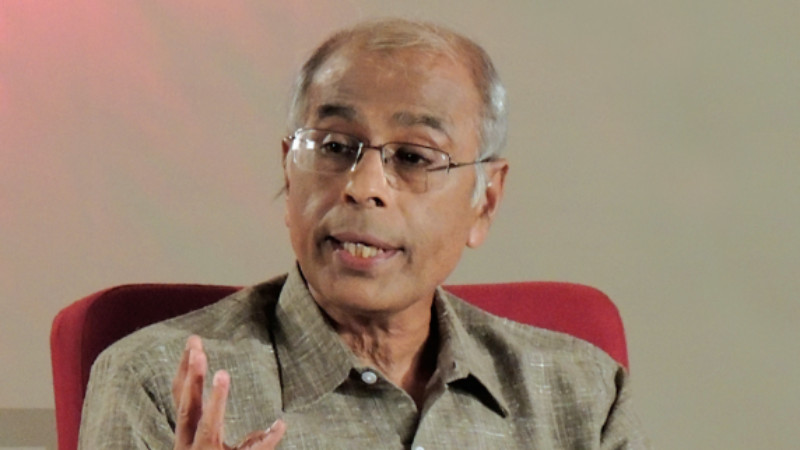


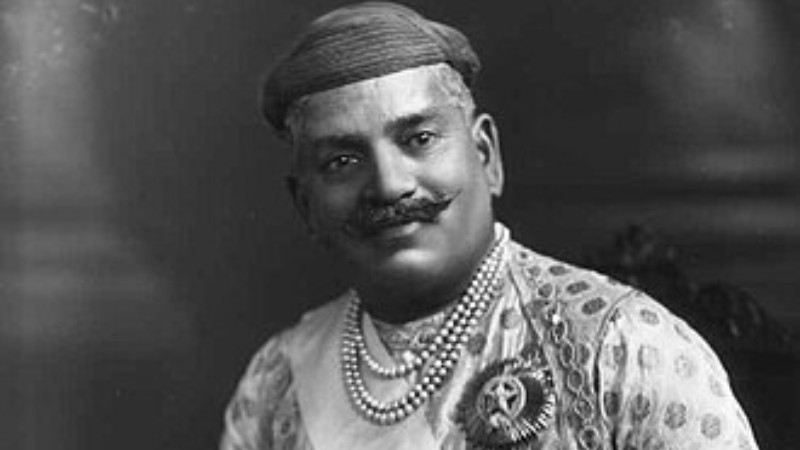

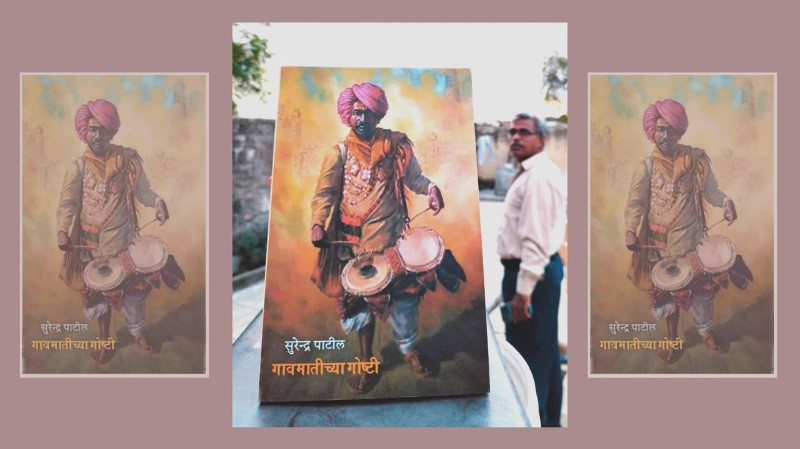
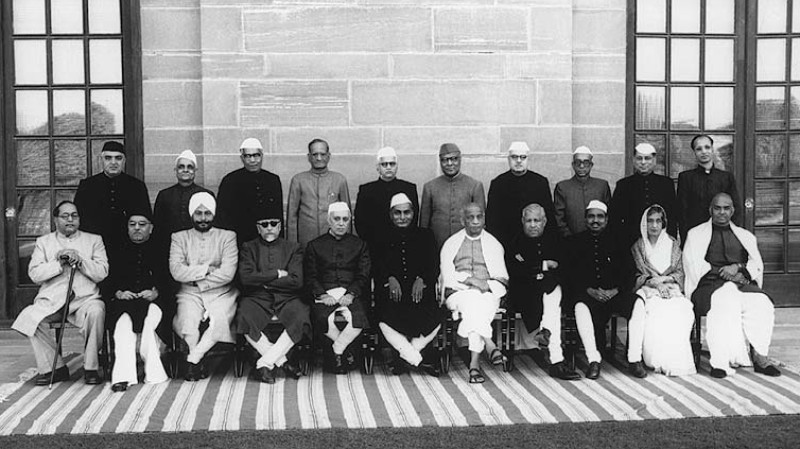

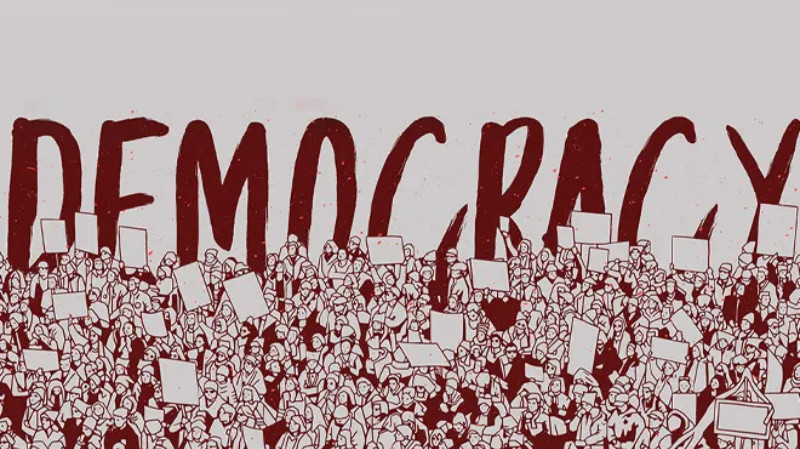
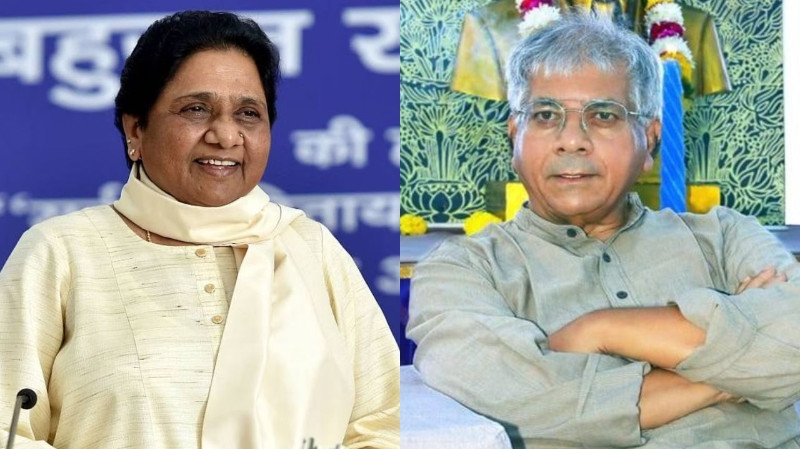
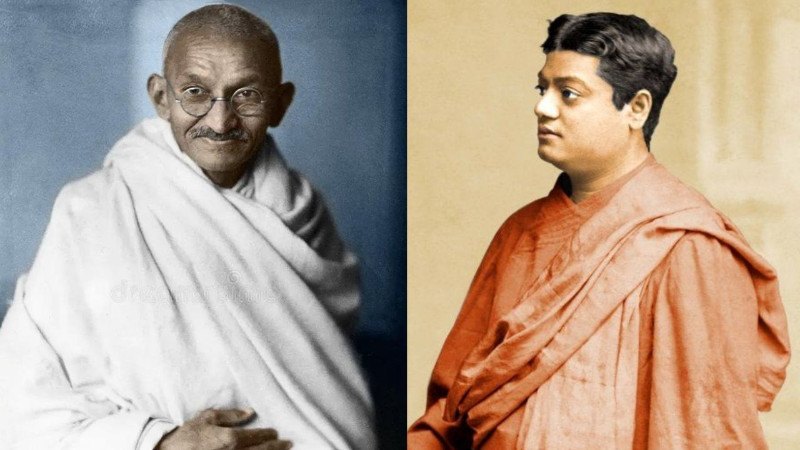
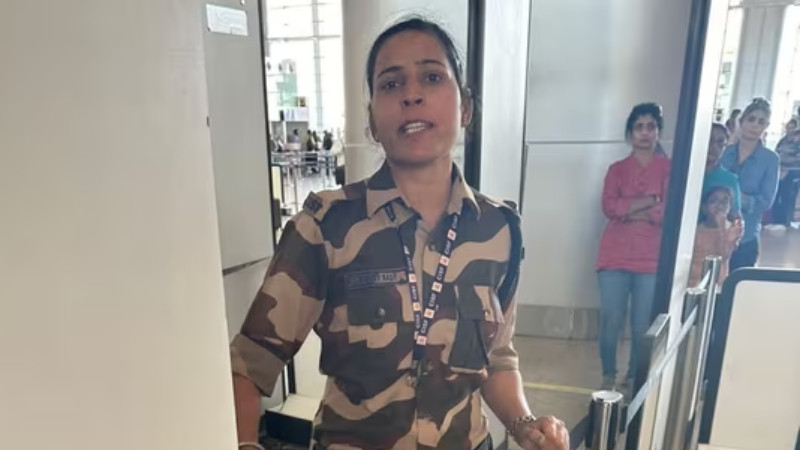

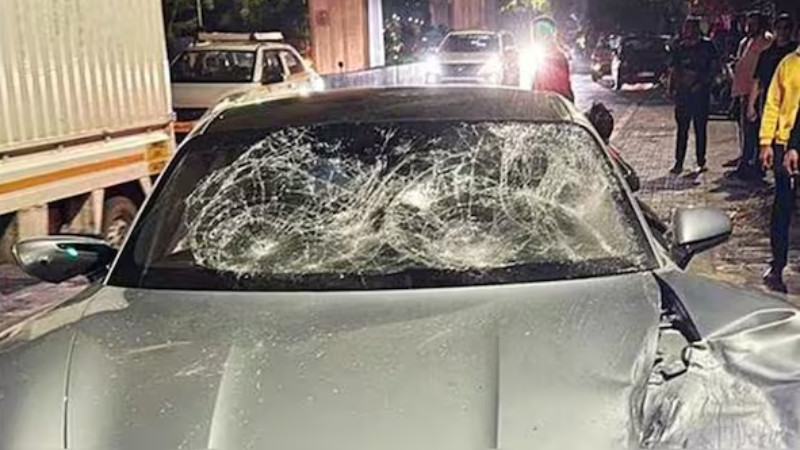
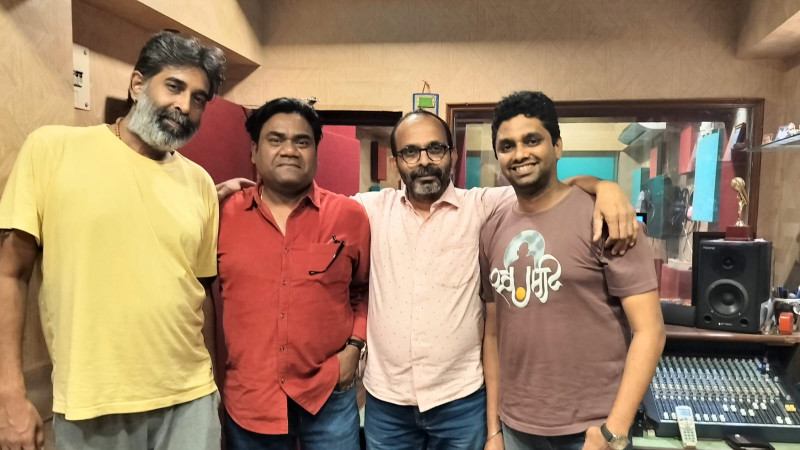
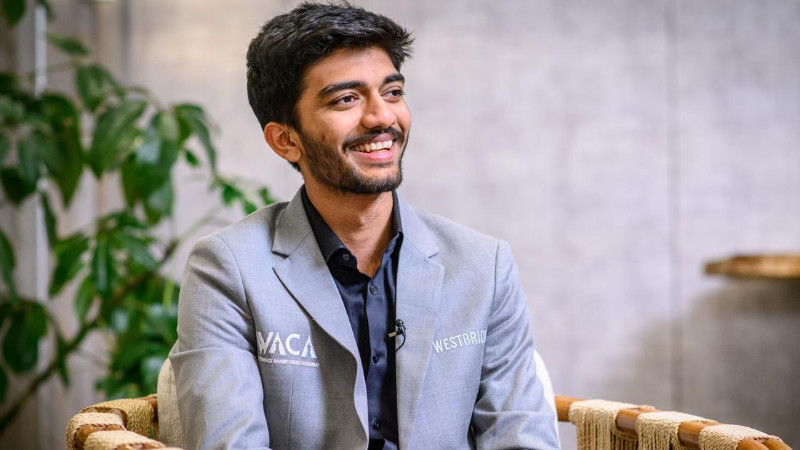







Add Comment